File Info
| Exam | Junos, Associate |
| Number | JN0-105 |
| File Name | Juniper.JN0-105.VCEplus.2024-03-08.33q.tqb |
| Size | 131 KB |
| Posted | Mar 08, 2024 |
| Download | Juniper.JN0-105.VCEplus.2024-03-08.33q.tqb |
How to open VCEX & EXAM Files?
Files with VCEX & EXAM extensions can be opened by ProfExam Simulator.
Coupon: MASTEREXAM
With discount: 20%
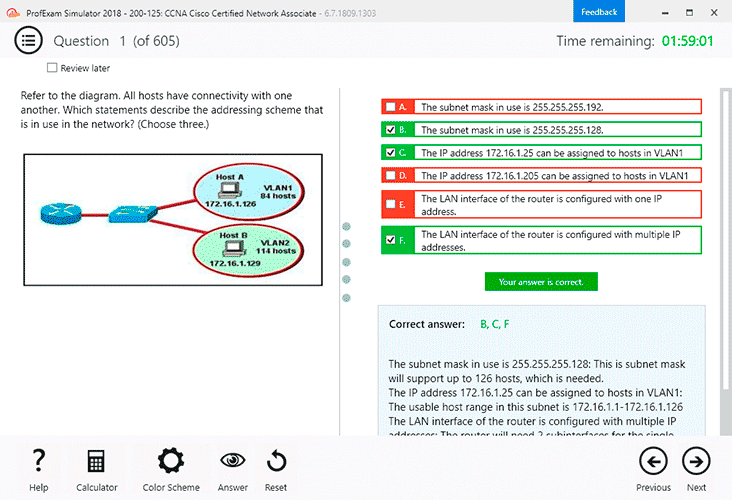
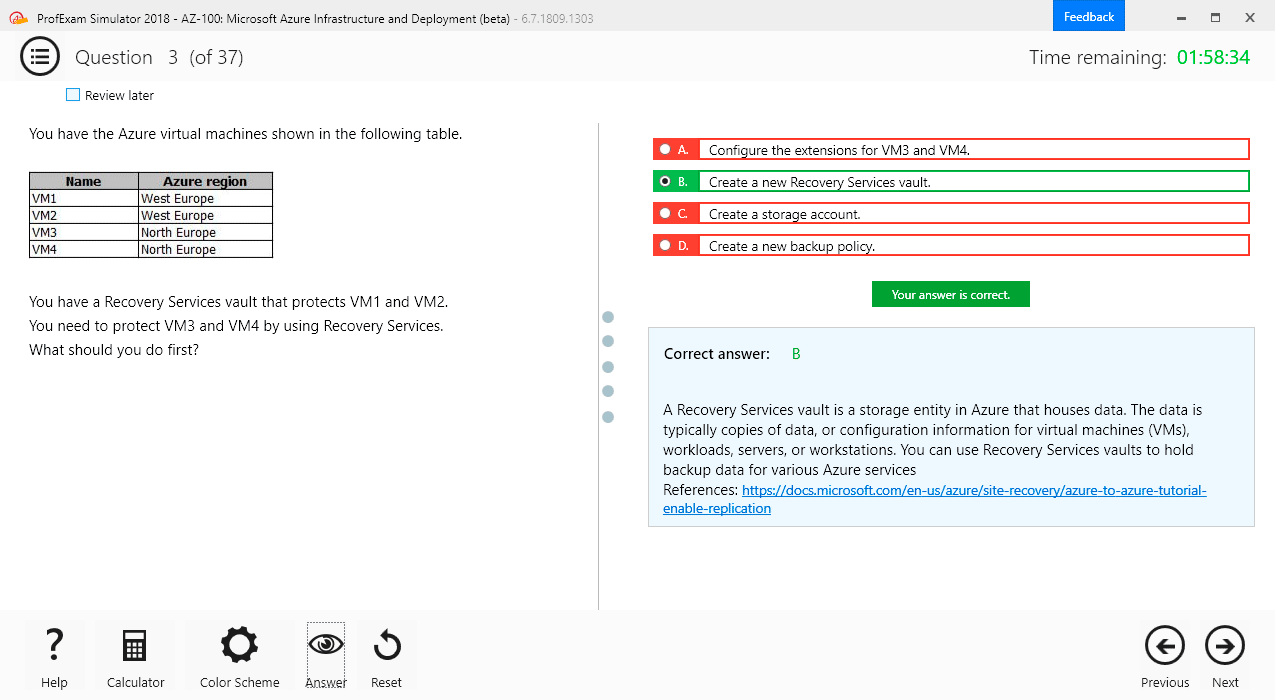
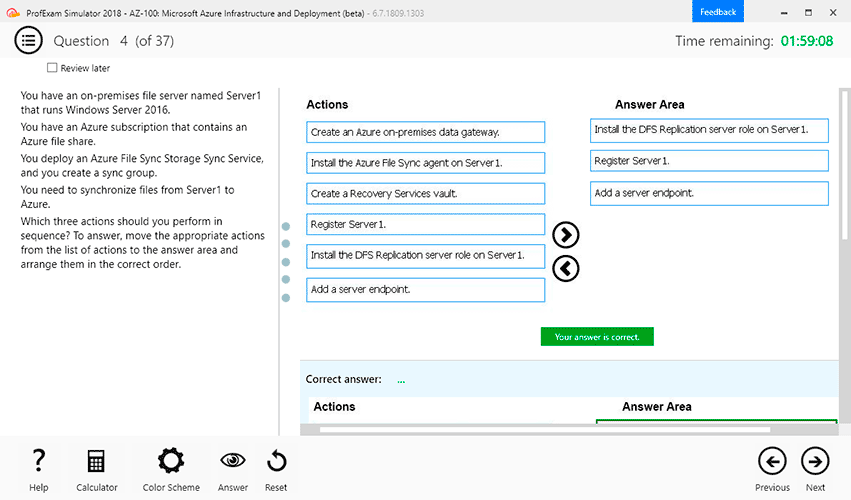
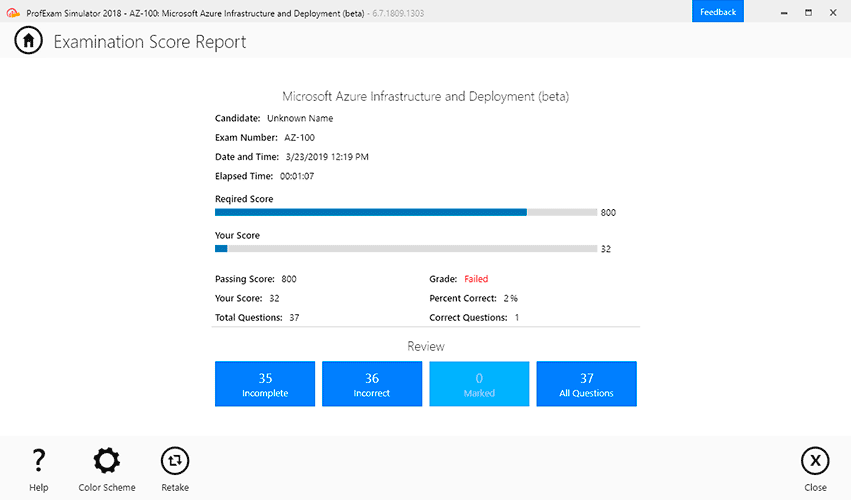
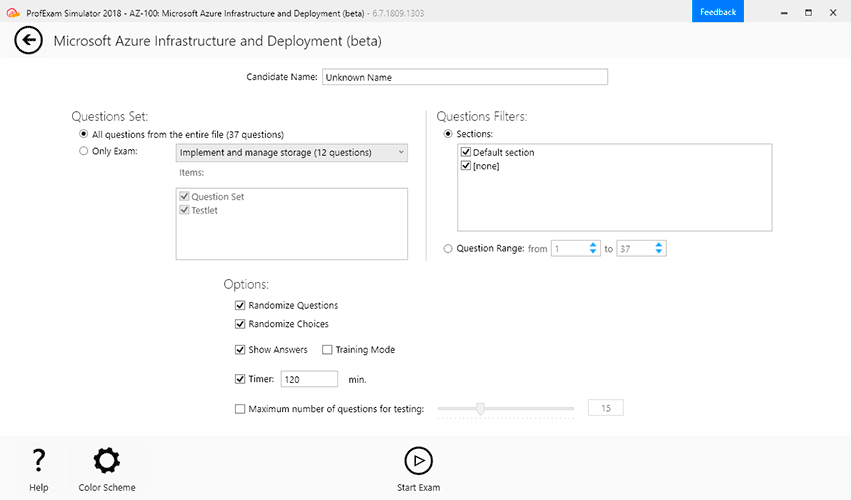
Demo Questions
Question 1
Which process in the Junos OS is responsible for device management tasks including the CLI and commit operations?
- mgd
- chassisd
- rpd
- dcd
Correct answer: A
Explanation:
In Junos OS, the management daemon (mgd) is responsible for handling all the device management tasks, including processing CLI commands and handling commit operations. The mgd daemon interacts with the Junos OS configuration database and provides the necessary logic to ensure that configuration changes are syntactically correct and do not conflict with each other. When a user commits a configuration, mgd validates the changes, applies them to the running configuration, and ensures that the necessary daemons are notified of the changes to apply them accordingly. In Junos OS, the management daemon (mgd) is responsible for handling all the device management tasks, including processing CLI commands and handling commit operations. The mgd daemon interacts with the Junos OS configuration database and provides the necessary logic to ensure that configuration changes are syntactically correct and do not conflict with each other. When a user commits a configuration, mgd validates the changes, applies them to the running configuration, and ensures that the necessary daemons are notified of the changes to apply them accordingly.
Question 2
Which two components are included in a transport header? (Choose two.)
- destination port number
- source MAC address
- source port number
- destination MAC address
Correct answer: AC
Explanation:
The transport layer in the OSI model is responsible for end-to-end communication and error recovery. In a transport header, such as TCP or UDP, the key components include the source port number and the destination port number. These port numbers are used to identify sending and receiving applications. The source port number indicates the port of the sending application, and the destination port number refers to the port of the receiving application. MAC addresses, on the other hand, are part of the data link layer (Layer 2) and would be included in an Ethernet header, not a transport header. The transport layer in the OSI model is responsible for end-to-end communication and error recovery. In a transport header, such as TCP or UDP, the key components include the source port number and the destination port number. These port numbers are used to identify sending and receiving applications. The source port number indicates the port of the sending application, and the destination port number refers to the port of the receiving application. MAC addresses, on the other hand, are part of the data link layer (Layer 2) and would be included in an Ethernet header, not a transport header.
Question 3
Which Junos feature limits the amount of exception traffic that is sent from the PFE to the RE?
- scheduler
- policer
- CoS markings
- routing policy
Correct answer: B
Explanation:
In Junos OS, a policer is a feature used to limit the rate of traffic flow in the network, including exception traffic sent from the Packet Forwarding Engine (PFE) to the Routing Engine (RE). Exception traffic consists of packets that cannot be processed by the PFE alone and require intervention by the RE, such as control packets or packets destined for the device itself. A policer can be configured to enforce bandwidth limits and drop or mark packets that exceed specified rate limits, thus protecting the RE from being overwhelmed by excessive exception traffic. In Junos OS, a policer is a feature used to limit the rate of traffic flow in the network, including exception traffic sent from the Packet Forwarding Engine (PFE) to the Routing Engine (RE). Exception traffic consists of packets that cannot be processed by the PFE alone and require intervention by the RE, such as control packets or packets destined for the device itself. A policer can be configured to enforce bandwidth limits and drop or mark packets that exceed specified rate limits, thus protecting the RE from being overwhelmed by excessive exception traffic.

